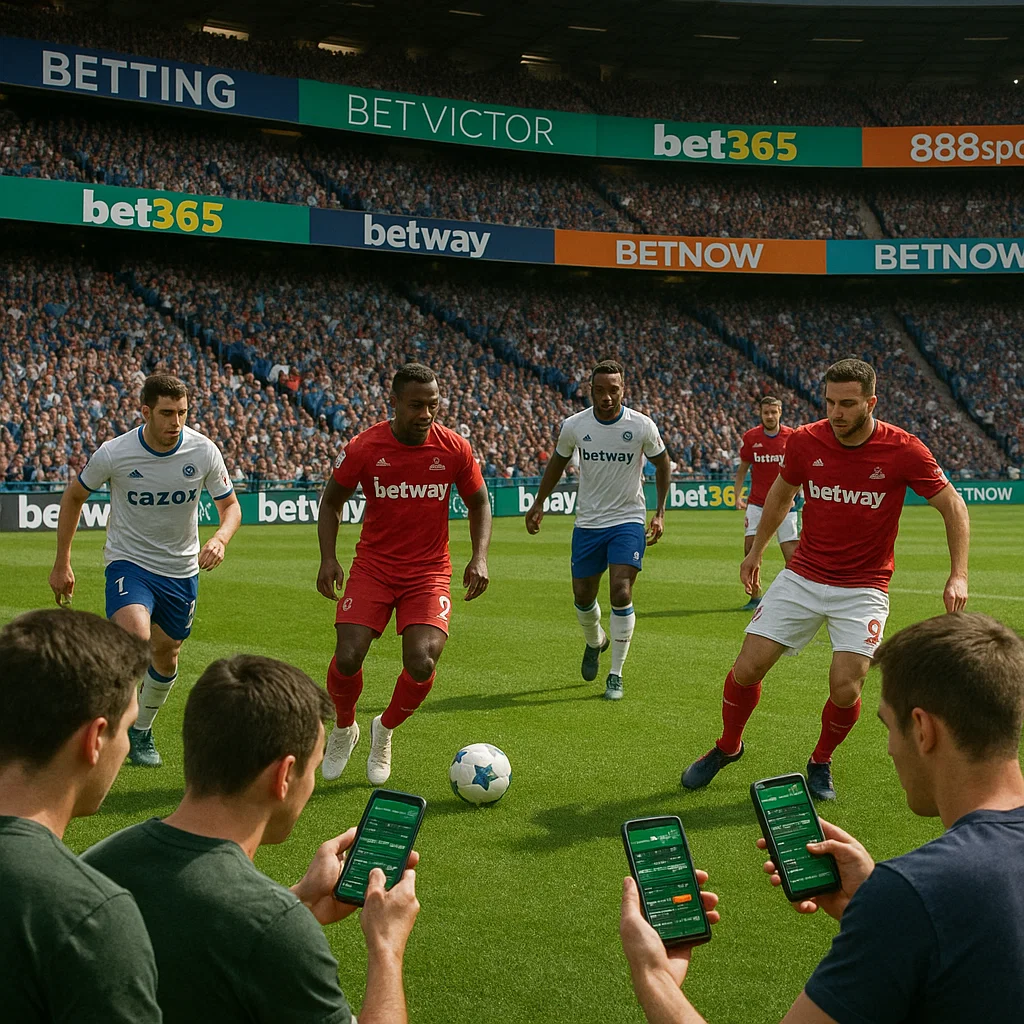How Betting Without Oasis Fuels Sports Sponsorships in Gambling?
In gambling, discussions often arise around betting without oasis (wetten ohne oasis), a system used in Germany to regulate player activity and protect consumers. For many players, the restrictions imposed by this framework create a sense of limitation. Thus, forcing them to seek platforms that operate outside its boundaries.
These platforms emphasize flexibility and freedom of choice, making them appealing to individuals who prefer fewer interruptions. The conversation surrounding such systems reflects a deeper theme about how the gambling industry adapts to both regulatory pressures and consumer demand.
One of the most visible areas of adaptation is through sports sponsorships, a powerful force shaping the industry today.
Sports Sponsorships as Market Drivers
Sponsorship deals between gambling companies and sports organizations have become increasingly common in today’s competitive market. When fans see betting brands displayed on team jerseys, stadium banners, or integrated into digital broadcasts, it sends out a clear message. It’s the fact that gambling is no longer a fringe activity but a recognized part of mainstream entertainment.
These highly visible partnerships do more than just increase brand awareness; they help create a sense of legitimacy and familiarity. Fans often associate their favorite teams with the companies that support them, which naturally builds a layer of trust and credibility for the betting brands.
As a result, these sponsorships are not just marketing tactics but also powerful tools for shaping how the gambling industry is perceived within the broader world of sports.
Brand Visibility when Betting without Oasis

The true value of sports sponsorships in the gambling industry lies in the credibility and legitimacy they confer on the brands involved. Since sports are watched by millions of passionate fans worldwide, aligning with well-known teams or leagues provides gambling operators with unparalleled visibility and reach.
For these companies, such deals go beyond simple advertising. It is a representation of strategic investment in cultural relevance, embedding their presence into the very fabric of the sporting community. This integration fosters a powerful synergy, where fans are gradually introduced to betting as a natural.
Ethical and Social Considerations
Despite the clear success of sports sponsorship strategies, they also raise significant ethical concerns. Critics often argue that heavily promoting gambling through sports may inadvertently normalize betting for younger audiences. This has sparked ongoing debates about the social impact of gambling advertisements and whether the excitement of sports is being overshadowed by wagering promotions.
As a result, balancing commercial growth with a strong sense of social responsibility has become crucial for operators and sports organizations alike. Regulations in many countries continue to evolve, with stricter guidelines aimed at ensuring sponsorships remain transparent, fair, and supportive of responsible gaming practices.
These evolving policies are not meant to stifle growth. Rather, it is focused on creating balance between profitability and player protection in the long run.
Future of Gambling and Sports Partnerships
Looking forward, sponsorships are expected to grow even more innovative. From interactive fan experiences to digital tie-ins that allow viewers to bet directly while watching games, the lines between gambling and sports entertainment are likely to blur further.
This evolution highlights how sponsorships not only promote companies but also reshape the way audiences engage with sports in the modern era.

